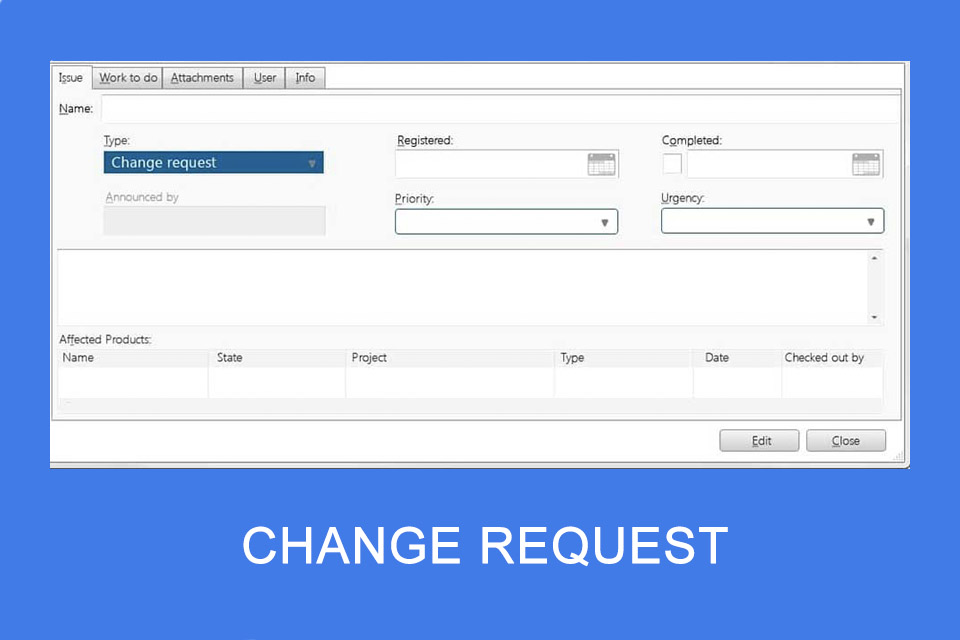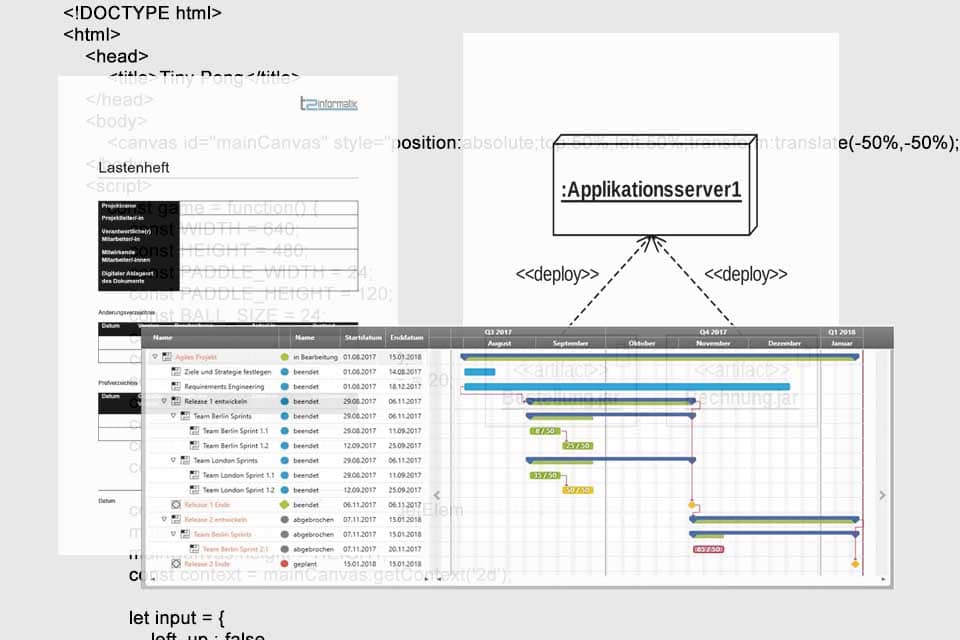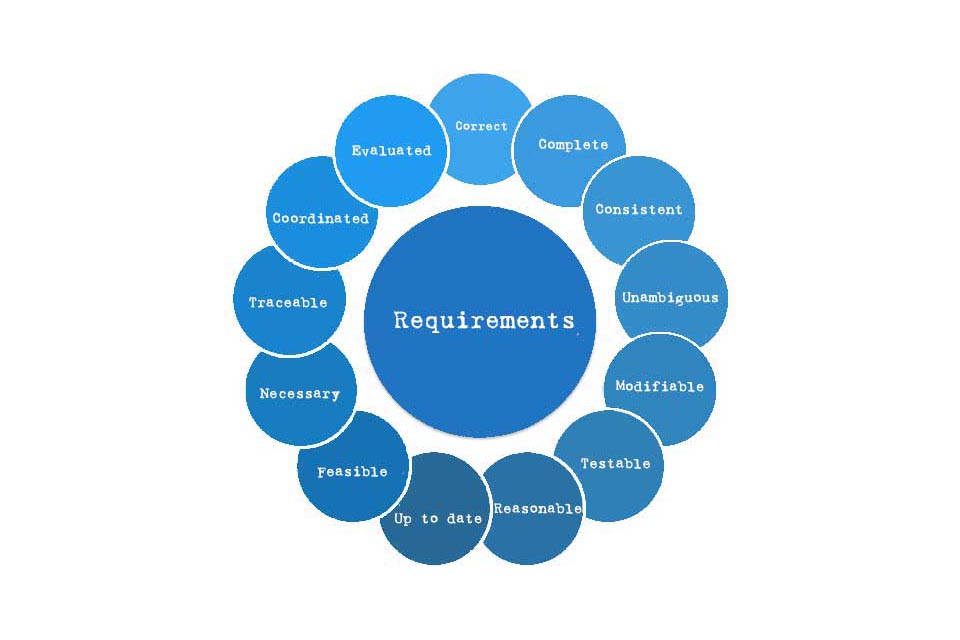What is a Change Request?
Smartpedia: The change request documents changes that may affect policies, processes, plans, workflows, artifacts, costs, budgets, or schedules.
Structured recording of changes
The Change Request is an essential element in change management. Different institutions or process models interpret it differently:
- The Project Management Institute (PMI) as a globally active project management association describes in the PMBOK that change requests affect the scope of services, guidelines, processes, plans, workflows, costs, budgets or schedules.
- The German V-Modell XT as a guideline for the planning and execution of system development projects names missing functionality, technological problems, system malfunction, changes in the own environment or misunderstandings in the order as typical reasons for change requests.
- And the International Project Management Association (IPMA) names the change request in the IPMA Competence Baseline (ICB) as the starting point for the change process, the design of which is determined at the beginning of the project.
In general, organisations or their employees use change requests to document changes to policies, processes, plans, workflows, artifacts, costs, budgets or schedules. However, as the term “change request” implies, it is not just documentation, but a request to implement the change.
Contents of change requests
A change request documents a desired or required change. Among other things, the following points can be entered:
- entry date
- change number
- author and/or applicant (author could be an internal employee, a requirements engineer or an account manager, applicant an external client)
- title
- target
- description
- urgency
- priority
- responsibility and participation
- ffected plans, artifacts, subprojects, projects, products or requirements
- remarks
- attachments
- status
- closing date
The process after the change request capture
Once an change request has been entered, the question arises about what will happen next. For example, a process could look like this:
- Checking that the information is complete.
- Assessment of urgency and priority for implementation.
- Coordination of implementation, planning of implementation and actual implementation.
- Verification of the implementation, if necessary improvement of the implementation and, ideally, consider the change request to be “completed”.
Notes:
The PMBOK Guide distinguishes between “Change Request” as informal and “Requested Change” as formal request. Many companies do not make such a distinction.
There are also companies that “simply” define a new requirement instead of a separate change request, because in some ways requirements and change requests are very similar in development. These companies often document change requests using requirements management software.
Here you will find additional information from our Smartpedia section:



